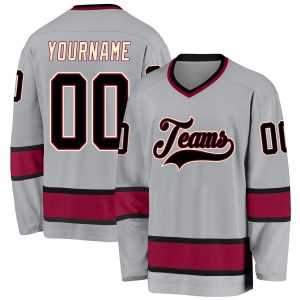WELL COME TO AQUATIC BUDDY
Your number one sour for trusted information on Beta fish
New Arrival !
Racerback Tank
$34.49
3D Basketball Jersey
Men’s Fanatics Desmond Bane Navy Memphis Grizzlies Fast Break Replica Jersey – Icon Edition
$40.98
Crewneck Sweatshirt
$45.98
3D Hockey Jersey
$40.98
Racerback Tank
$34.49
3D Basketball Jersey
Custom Black Royal-Red 3D Eagle American Flag Authentic Basketball Jersey
$40.98
Crewneck Sweatshirt
Men’s Fanatics Navy Dallas Cowboys Elements Future Ground Lettering Pullover Sweatshirt
$45.98
3D Hockey Jersey
$40.98







